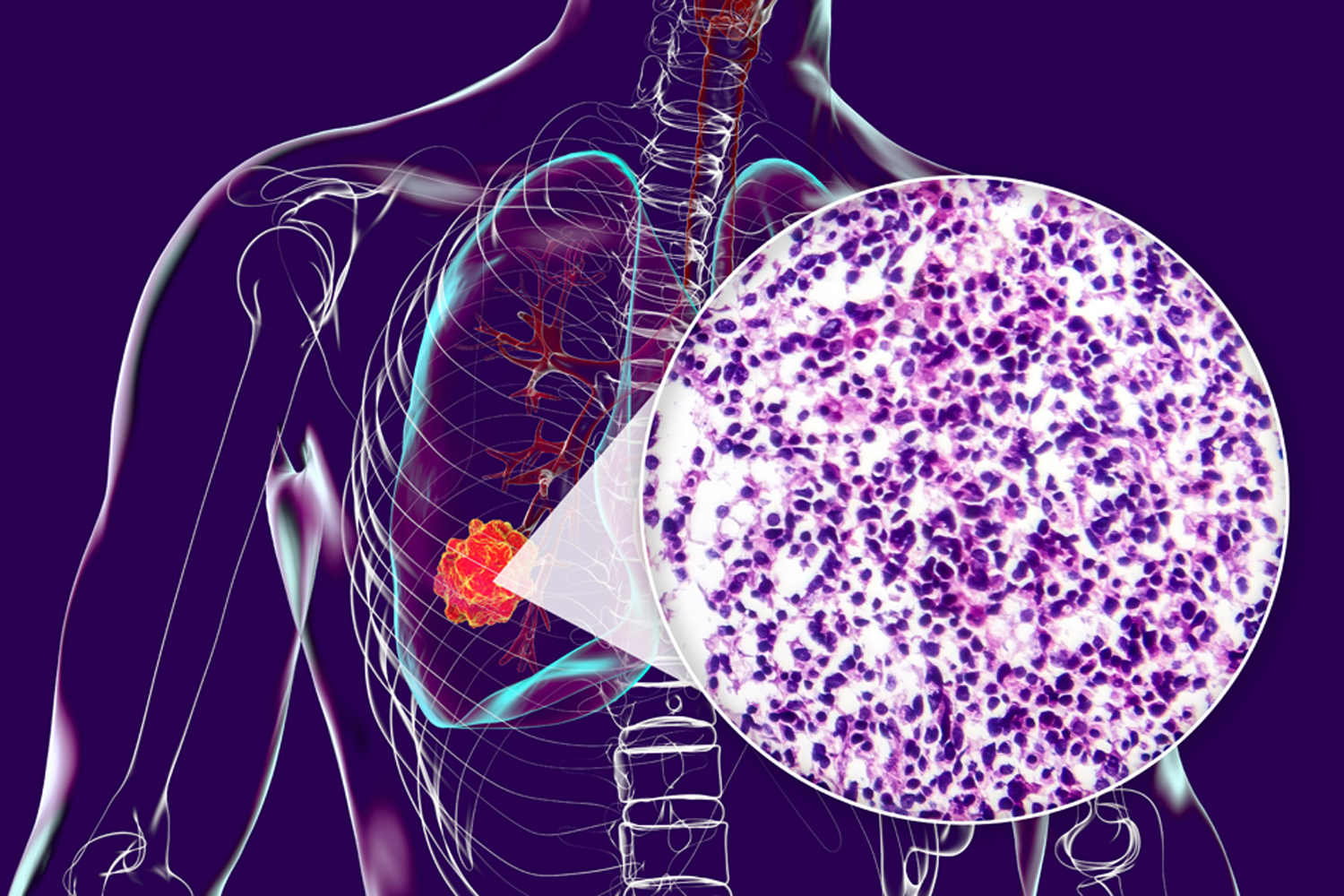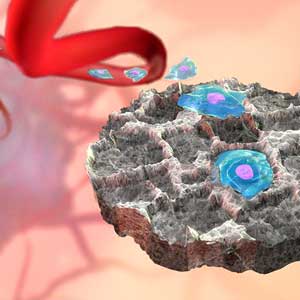-
Forward Look
Cancer Death Rate Decline Makes HeadlinesExperts say it's necessary to look behind the statistics.
by Delia O’Hara
-
Policy Matters
Racial and Ethnic Disparities in Multiple Myeloma Clinical TrialsThe AACR and the FDA presented joint recommendations that include broadening clinical trial eligibility and engaging the community in clinical trial recruitment.
by Kenneth C. Anderson, MD; Lola A. Fashoyin-Aje, MD, MPH; Nicole Gormley, MD; and Paul G. Kluetz, MD
-
Healthy Habits
One Drink, Too Many?Drinking at any level increases cancer risk.
by Ashley P. Taylor
-
Keeping CLL in Check
With recent advances in targeted treatments, people diagnosed with chronic lymphocytic leukemia have more options to manage the disease.
by Kendall K. Morgan
-
Robotic Surgery and Cancer
Using robotic assistants for cancer surgery has become commonplace. Whether cancer patients benefit when a surgeon uses a robot remains unclear.
by Sue Rochman
-
What is a Super Responder?
Researchers are investigating why certain patients have an exceptional response to a particular drug.
by Bradley Jones
-
Treating Cancer Patients With COVID-19: A New York City Experience
An analysis of cancer patients who were infected with the coronavirus and treated at Memorial Sloan Kettering Cancer Center in New York City suggests certain risk factors may predict more severe COVID-19.
by Anna Azvolinsky
-
COVID-19 Exposes Health Inequities
At a symposium held during a virtual meeting of cancer researchers, panelists discussed the disproportionate impact COVID-19 has had on Black and Latino Americans, as well as members of other minority groups.
by Kevin McLaughlin
-
Pediatric Oncologists Underestimate Needs of Minority Parents
Research describes how communication gaps can shift extra burden to parents who are members of ethnic and racial minority groups.
by Marci A. Landsmann
Cancer Talk
Biotin Supplements Can Skew Cancer Lab Results
Products containing biotin can alter lab tests for people during and after cancer treatment.
by Laura Gesualdi Gilmore
Connecting More Patients to Cancer Clinical TrialsAACR conference brings experts together to discuss strategies to reach people historically left out of cancer research.
by Eric Fitzsimmons
Treatment Combination Improves Survival in EGFR-positive Lung CancerAdding chemotherapy to targeted therapy improves outcomes for people with advanced EGFR-positive non-small cell lung cancer.
by Sandra Gordon
Lessons From 20 Years Living With CancerMultiple myeloma survivor Jonathan Gluck reflects on uncertainty, and the scientific progress that has kept him living with cancer for more than two decades.
by Eric Fitzsimmons















